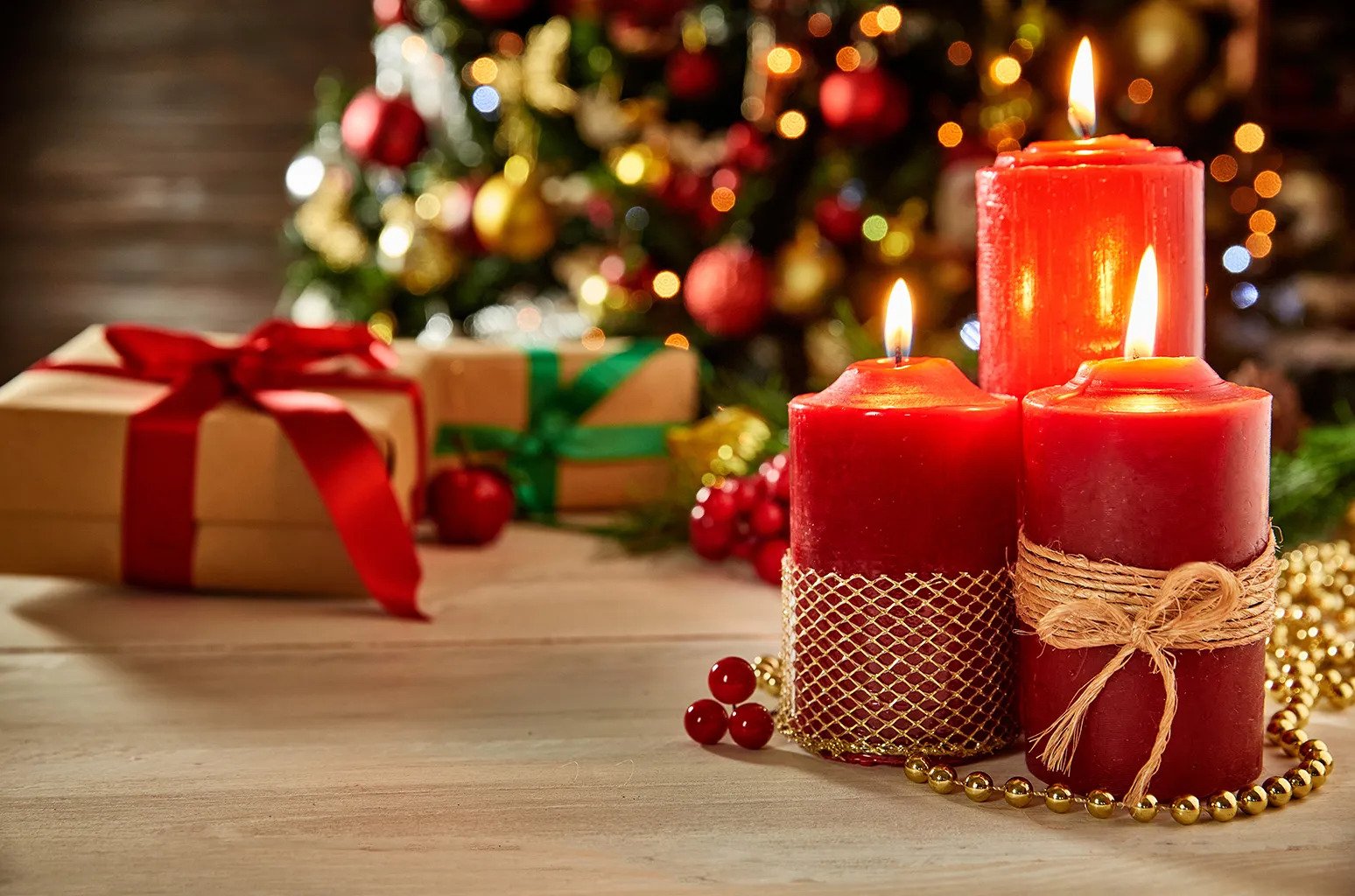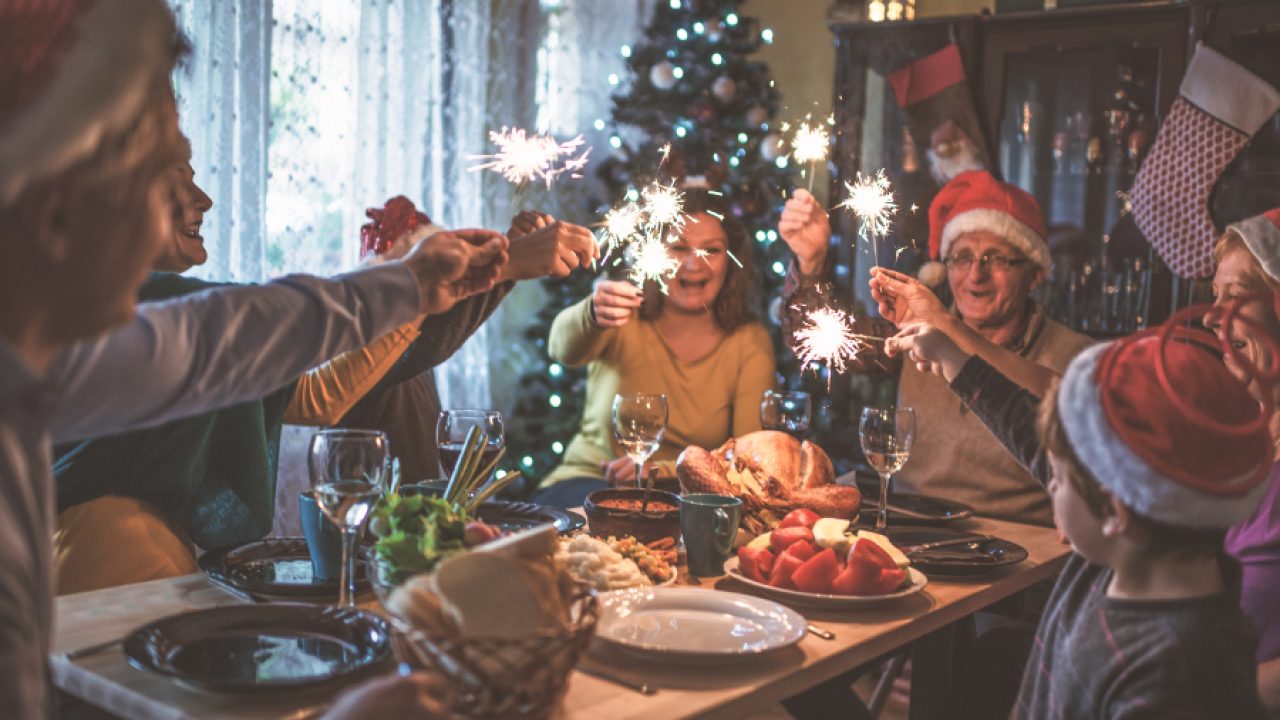Christmas Decorations and Your Pets
Pet Safety Tips for a Merry Christmas, The twinkling lights, colorful ornaments, and festive decorations are a hallmark of the holiday season, but they can also pique your pet’s curiosity. Here’s how to decorate safely:
Secure the Tree:
Ensure that your Christmas tree is securely anchored to prevent it from toppling over if your pet decides to investigate. You can use heavy-duty tree stands or secure the tree to the wall.
Pet-Friendly Ornaments:
Avoid using fragile or easily breakable ornaments, as they can shatter and harm your pet. Opt for shatterproof, pet-friendly ornaments instead.
Tinsel and Garland:
These decorations can be tempting for cats to play with or chew on. Ingesting tinsel or garland can lead to serious health issues, so use them sparingly and keep them out of your pet’s reach.
Tree Water:
If you have a real Christmas tree, cover the water reservoir to prevent your pet from drinking the tree water, which may contain preservatives and bacteria.
Pet-Safe Holiday Plants
Many traditional holiday plants and flowers can be toxic to pets. Be cautious when bringing these plants into your home:
Poinsettias:
While not as toxic as once believed, poinsettias can still cause mild gastrointestinal upset in pets. Keep them out of your pet’s reach.
Mistletoe and Holly:
These plants are highly toxic to pets, causing severe symptoms if ingested. Use artificial or pet-safe alternatives instead.
Christmas Trees:
Some tree needles, especially from pine trees, can be mildly toxic and cause digestive issues if ingested. Keep fallen needles cleaned up.
Amaryllis:
The bulbs of amaryllis plants are toxic to pets. Keep them well out of reach, and opt for artificial varieties if you have curious pets.
Holiday Food Safety
The holiday season is synonymous with indulgent feasts, but it’s essential to be mindful of what your pets consume:
Chocolate:
Keep all forms of chocolate, including cocoa powder and baking chocolate, away from your pets. Chocolate contains theobromine, which is toxic to dogs and cats.
Fatty Foods:
Rich, fatty foods like turkey skin and gravy can cause digestive issues and pancreatitis in pets. Avoid sharing these with your furry friends.
Bones:
Small, cooked bones can splinter and cause choking hazards or internal injuries. Dispose of bones safely and securely.
Alcohol:
Keep alcoholic beverages away from pets. Even a small amount of alcohol can be toxic and lead to health issues.
Xylitol:
This artificial sweetener is commonly found in sugar-free gum and baked goods. It can be highly toxic to pets, leading to insulin release and hypoglycemia.
Pet-Friendly Celebrations
While celebrating with friends and family, remember to include your pets in the festivities in a way that ensures their safety:
Quiet Space:
Create a quiet and safe space for your pet to retreat to if the holiday celebrations become overwhelming. Provide them with their bed, toys, and some background noise to help ease anxiety.
Supervision:
If you have guests over, ensure that someone is designated to watch over your pet and prevent them from ingesting harmful items or escaping through open doors.
Pet-Friendly Treats:
If you want to treat your pet during the holidays, opt for pet-friendly treats and ensure they are not exposed to unsafe human food.
Fireplace Safety:
If you have a fireplace, use a secure screen or barrier to prevent your pet from getting too close to the flames or embers.
Safe Gift-Giving and Wrapping
When wrapping and exchanging gifts, consider your pet’s safety:
Ribbons and Wrapping Paper:
Curious pets may be tempted to play with or chew on ribbons and wrapping paper. Dispose of these items properly to avoid ingestion or choking hazards.
Gifts with Strings or Small Parts:
Avoid gifts that contain small parts or strings that could be enticing for pets to chew on or ingest.
Traveling with Pets
If you’re traveling with your pet during the holiday season, take extra precautions to ensure their safety:
Secure Your Pet:
Use appropriate restraints like pet seat belts or carriers to keep your pet safe while traveling in a vehicle.
Identification:
Ensure your pet is wearing proper identification, including an updated collar with your contact information and a microchip.
Pet-Friendly Accommodations:
If you’re staying at a hotel or with friends or family, make sure your accommodations are pet-friendly and safe.
Emergency Preparedness
Even with the best precautions, accidents can happen. Be prepared:
Know the Nearest Emergency Vet:
Locate the nearest emergency veterinary clinic or hospital, and have their contact information readily available.
Pet First Aid Kit:
Keep a pet first aid kit on hand with essential supplies, including bandages, antiseptic wipes, and your pet’s medications.
Emergency Contacts:
Ensure that friends or family members know how to reach you in case of an emergency involving your pet.
Conclusion
The holiday season should be a time of joy and togetherness for everyone in your family, including your beloved pets. By taking these pet safety tips to heart, you can create a festive and joyful atmosphere while ensuring the health and well-being of your furry friends. A merry Christmas is one that is filled with love, laughter, and safety for all, including our faithful companions.



